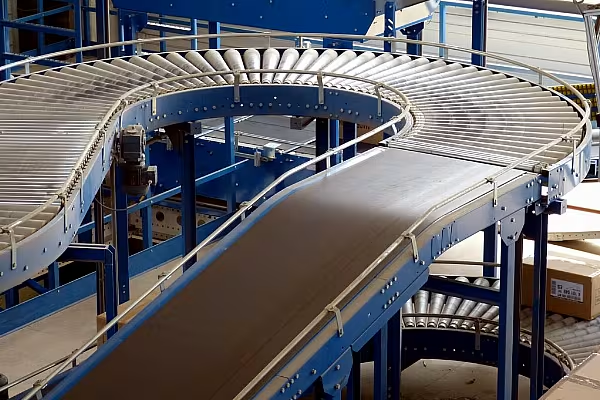British food manufacturers reported the first drop in their production costs since 2016 in May as lower commodity and energy prices and cheaper shipping outweighed a jump in wage bills, a Lloyds Bank report has shown.
Manufacturers' wage costs were rising more than twice as fast as average but commodity prices, as measured by the United Nations' food price index, were 21% lower than a year ago, the report showed.
'Take Some Time'
"It will still take some time before we see the benefit in terms of shelf prices," said Annabel Finlay, a managing director at Lloyds Bank. "This is, in part, due to the long-term nature of contracts between the manufacturers and retailers, as well as the broader segments of the production chain."
Food price inflation, as measured by Britain's Office for National Statistics, hit its highest level since 1977 in April, at 19.1%, and only eased fractionally in May.
Price Inflation 'Peaked'?
Last week Tesco, Britain's biggest supermarket chain, said food price inflation had peaked and it and others have said they are cutting the prices of some foodstuffs and freezing others.
Bank of England Governor Andrew Bailey said last week that food prices had been slower to come down than initially predicted by manufacturers, contributing to higher-than-expected overall inflation which stood at nearly 9% in April.
The Lloyds Bank report is based on an analysis of S&P Purchasing Managers' Index data covering around 1,300 companies.
Read More: UK PM Sunak Scraps Plan For Supermarket Price Cap After Backlash: Reports
News by Reuters, edited by ESM – your source for the latest retail news. Click subscribe to sign up to ESM: European Supermarket Magazine.










